How to Build an Aviary
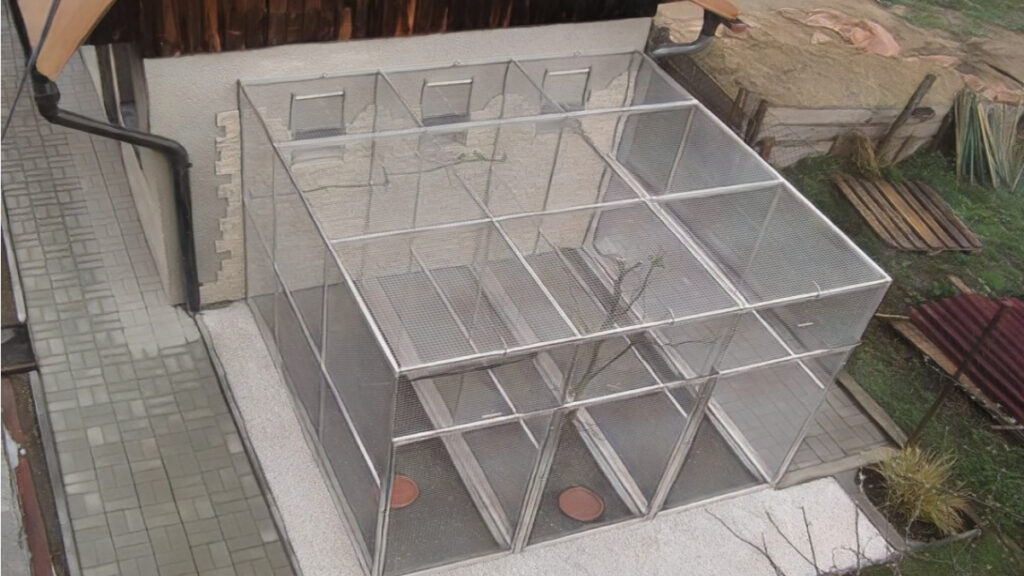
Discover the essential elements for designing a functional and visually appealing aviary for birds. From layout and materials to landscaping and safety, explore how to create the perfect bird habitat.Read More
Indoor and Outdoor Aviary

Aviary Setup
There are 4 different rooms in the indoor and outdoor aviary access
Indoor Aviary
There are two different rooms in the Indoor Space, one is for our access and the other room is for the birds to stay inside the room during the night time and the feeding station and the nest box is kept inside the room.
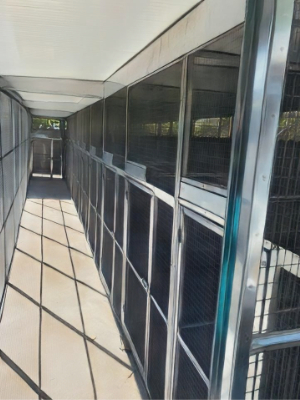
Space: Determine the available space for the indoor aviary. Consider the number and size of the birds you plan to house and ensure there is enough room for them to fly, perch, and engage in natural behaviors.
Ventilation: Proper ventilation is crucial to maintain air quality and prevent the buildup of harmful gases such as ammonia. Install ventilation systems or strategically place windows and vents to promote airflow.
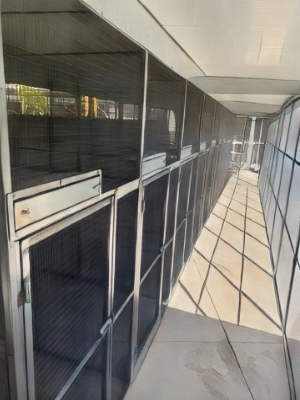
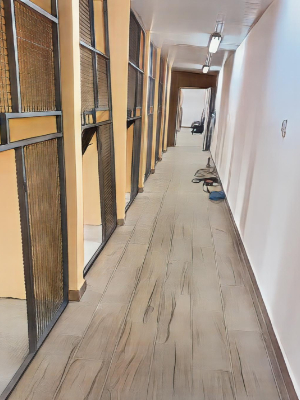
Lighting: Provide adequate lighting for the birds, including natural light from windows and artificial lighting as needed. Consider using full-spectrum lighting to mimic natural sunlight and promote bird health.
Temperature Control: Maintain a comfortable temperature range for the birds, typically between 65°F to 80°F (18°C to 27°C). Install heating and cooling systems as needed to regulate temperature fluctuations.
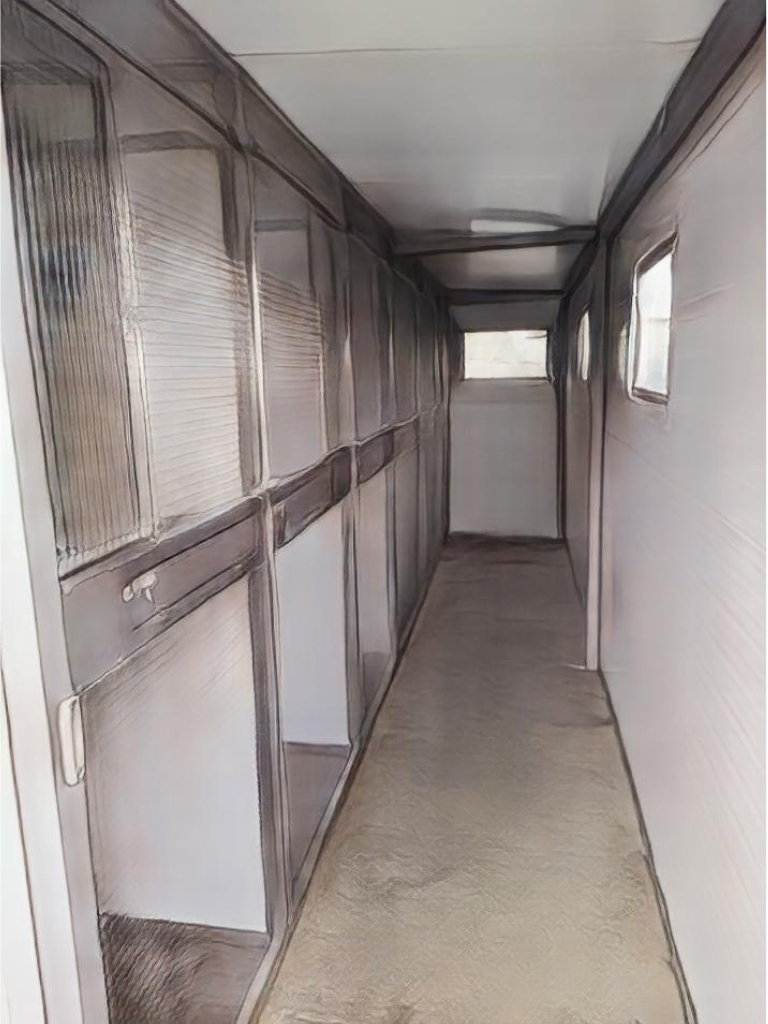
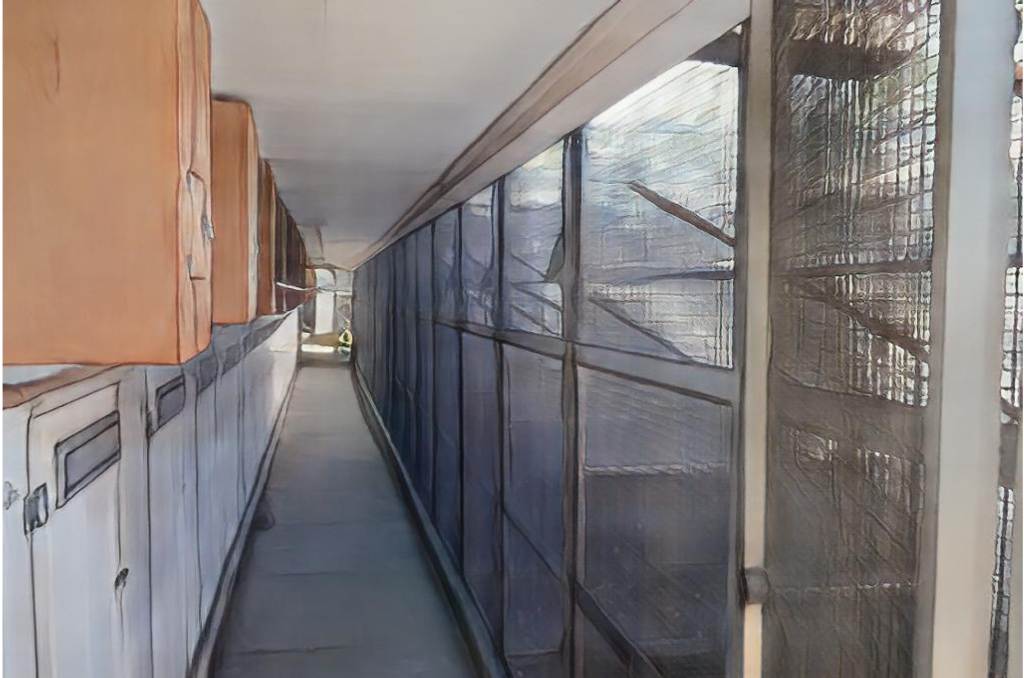
Flooring and Substrate: Choose flooring materials that are easy to clean and sanitize, such as tile or concrete. Consider adding substrate materials such as newspaper, sand, or grass mats to provide a comfortable surface for the birds to walk on.
Feeding and Watering: Install feeding and watering stations that are easily accessible and hygienic. Use stainless steel or ceramic dishes that can be cleaned regularly to prevent contamination.
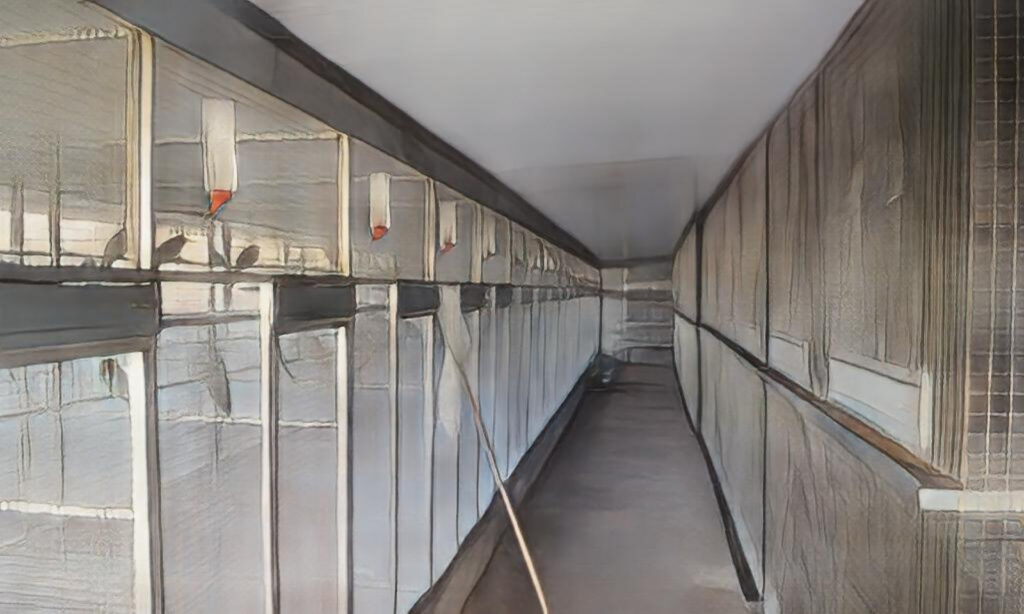

Perches and Enrichment: Include a variety of perches of different sizes and textures to promote foot health and encourage natural behaviors like climbing and perching. Incorporate toys, branches, and other enrichment items to stimulate the birds mentally and physically.
Outdoor Aviary
Outdoor aviary has two different partition’s. One is with a shade and the other partition is open to the sky to allow light and rainfall.
Location: Choose a sheltered location with some protection from wind and harsh weather elements. Consider providing a covered area for shade and protection from rain or strong sunlight.


Maintenance Access: Design the outdoor aviary with easy access for cleaning, maintenance, and repairs. Include doors, gates, and removable panels that allow for convenient access to all areas of the aviary.
Weatherproofing: The aviary needs to be weatherproof with a roof or covering made of durable, UV-resistant material. Ensure the walls are strong enough to withstand wind and potential predators
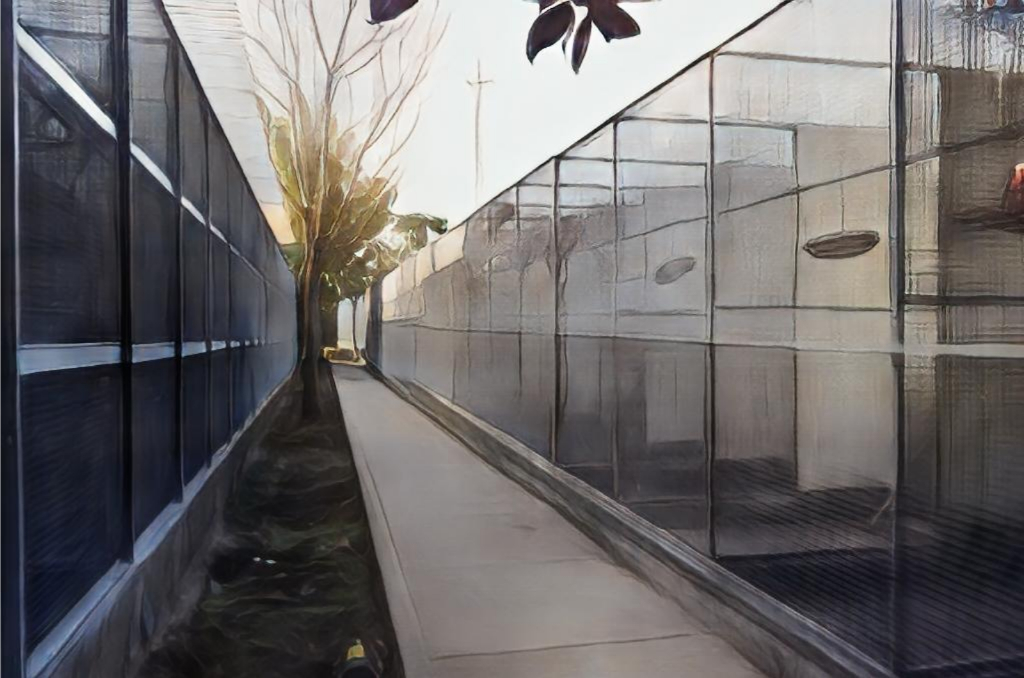
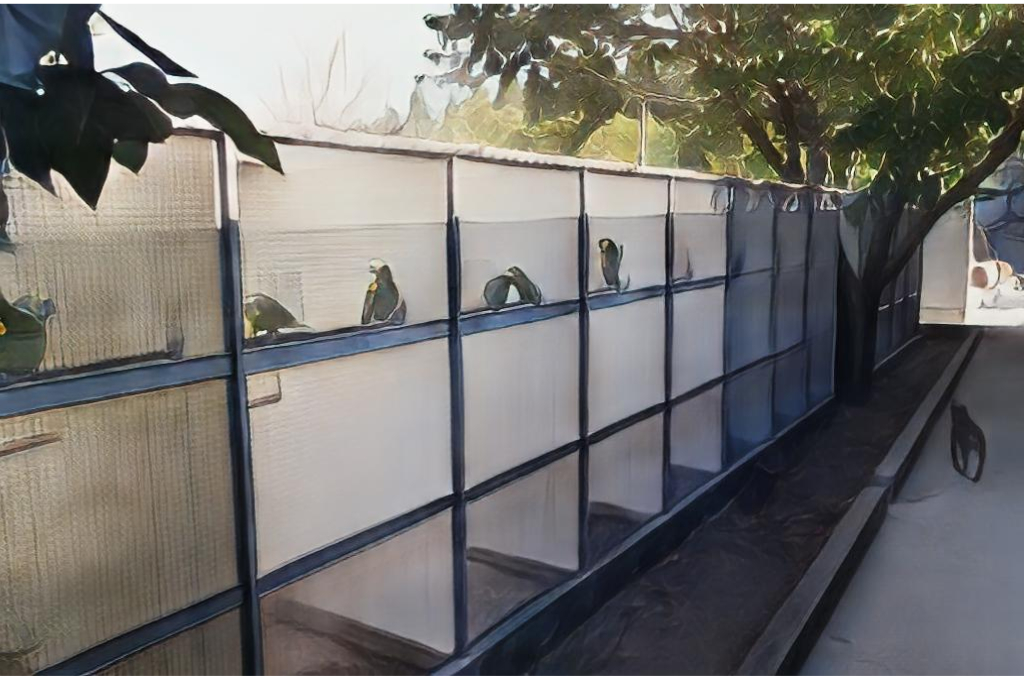
Natural Habitat Elements: Mimic the natural habitat of your bird species as much as possible. Include features like rocks, plants, small trees, and a shallow pool or water feature (if suitable for the birds).
Substrate: Cover the aviary floor with a bird-safe substrate like sand, gravel, or a mixture of soil and mulch. This allows for natural digging and foraging behaviors.
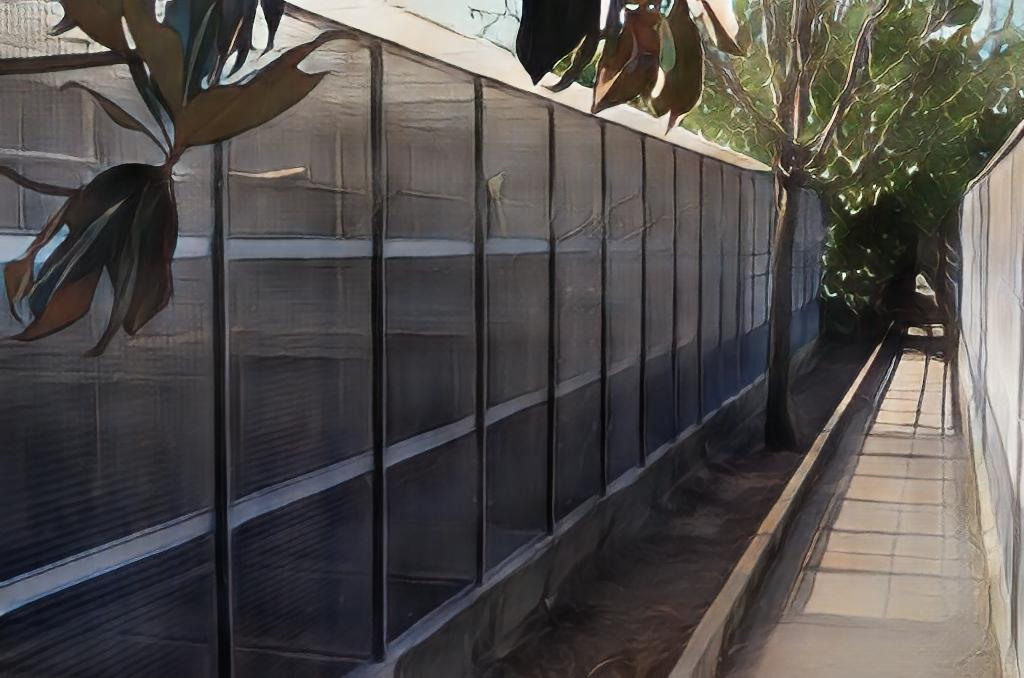
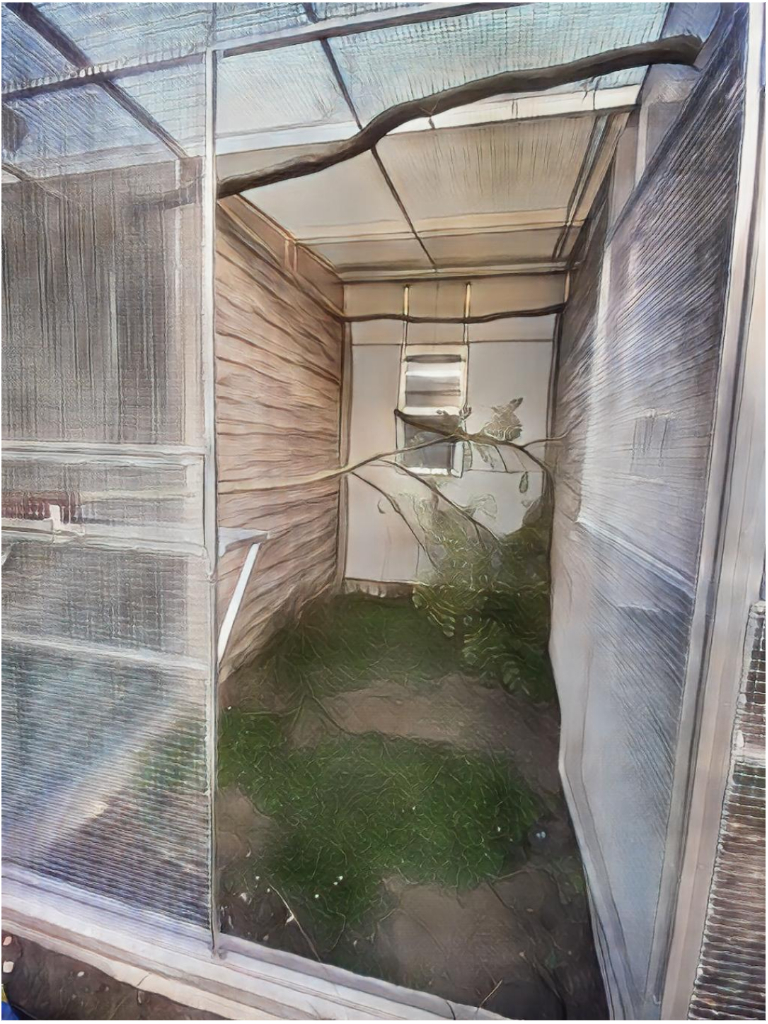
Planting: Live plants not only provide a natural aesthetic but also help improve air quality and offer hiding spots for birds. Choose non-toxic plants suitable for your climate and bird species.
Multiple Levels: Create different levels within the aviary using platforms, branches, or ropes to provide more vertical space for birds to explore.
There is an opening which connects the indoor and outdoor aviary space. Birds can go inside and outside the aviary.
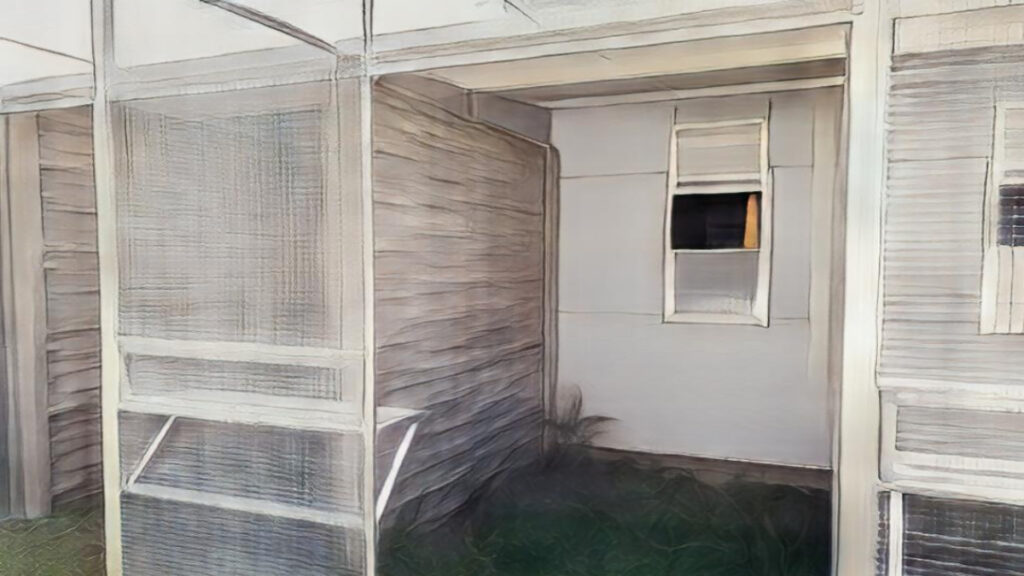
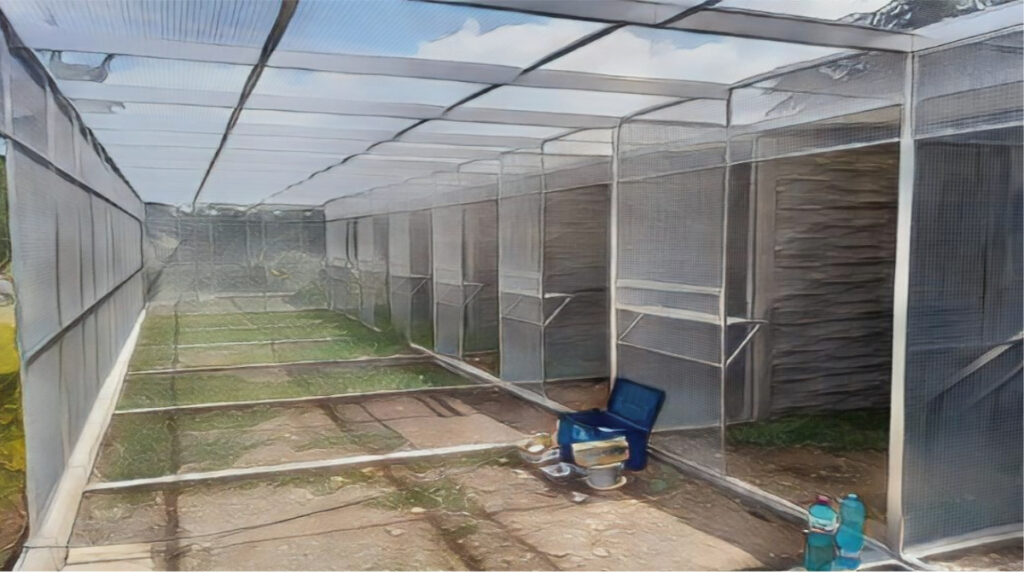
Food and Water Stations: Place multiple feeders and waterers strategically throughout the aviary to avoid competition and ensure all birds have easy access.

Building an outdoor space which continuous from the indoor aviary, there is an opening for the birds to enter the outside aviary.
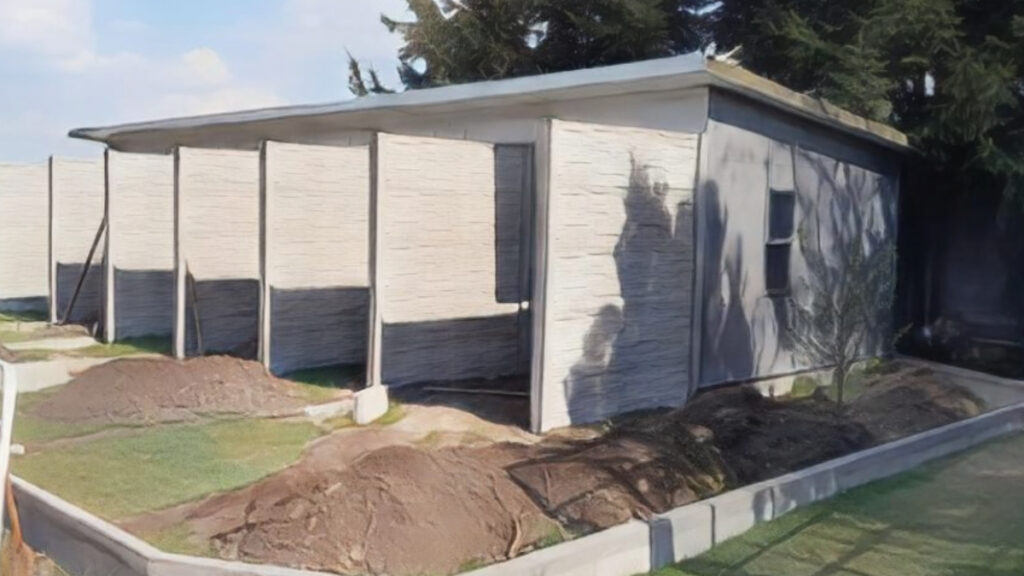
The outdoor aviary also has two partitions, one is for resting with a shade where the sides are completely covered.
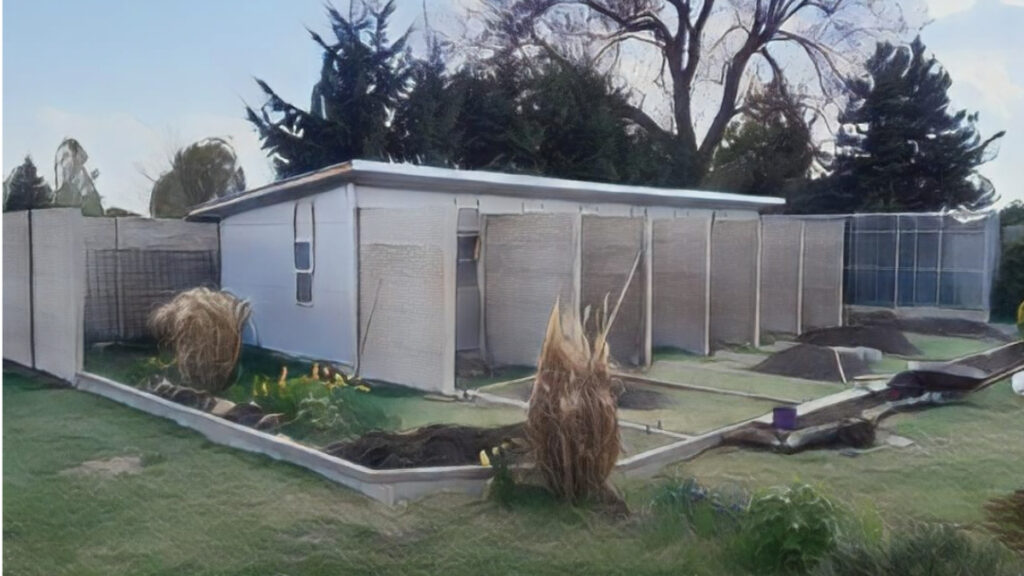
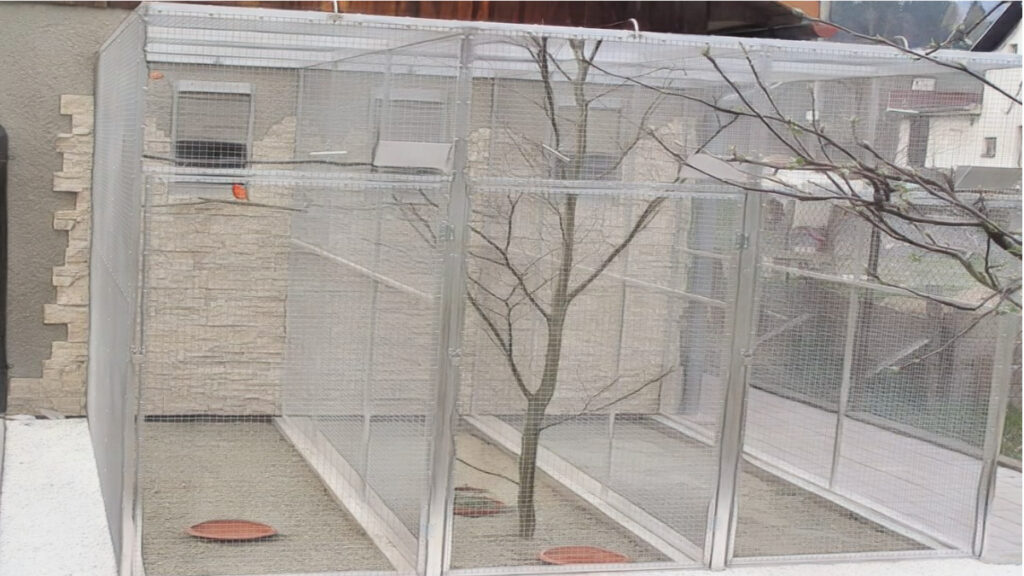
Finished look of the outdoor aviary
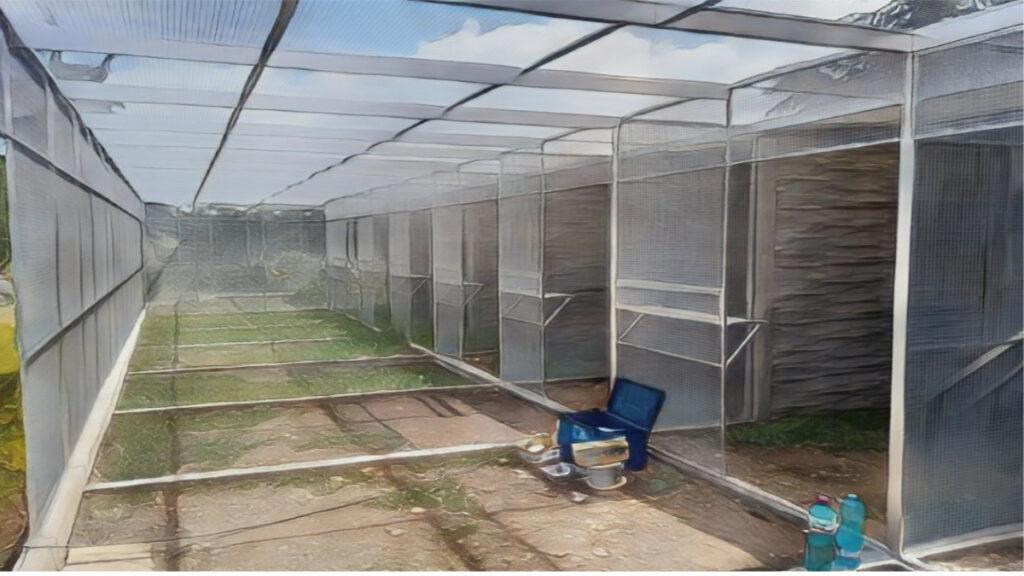
Separate rooms for each pair, carefully planned by giving enough flying space with a resting place as well.
By considering these factors and designing the indoor or outdoor aviary accordingly, you can create a safe, comfortable, and stimulating environment for your birds to thrive in.
Subscribe to our newsletter!


